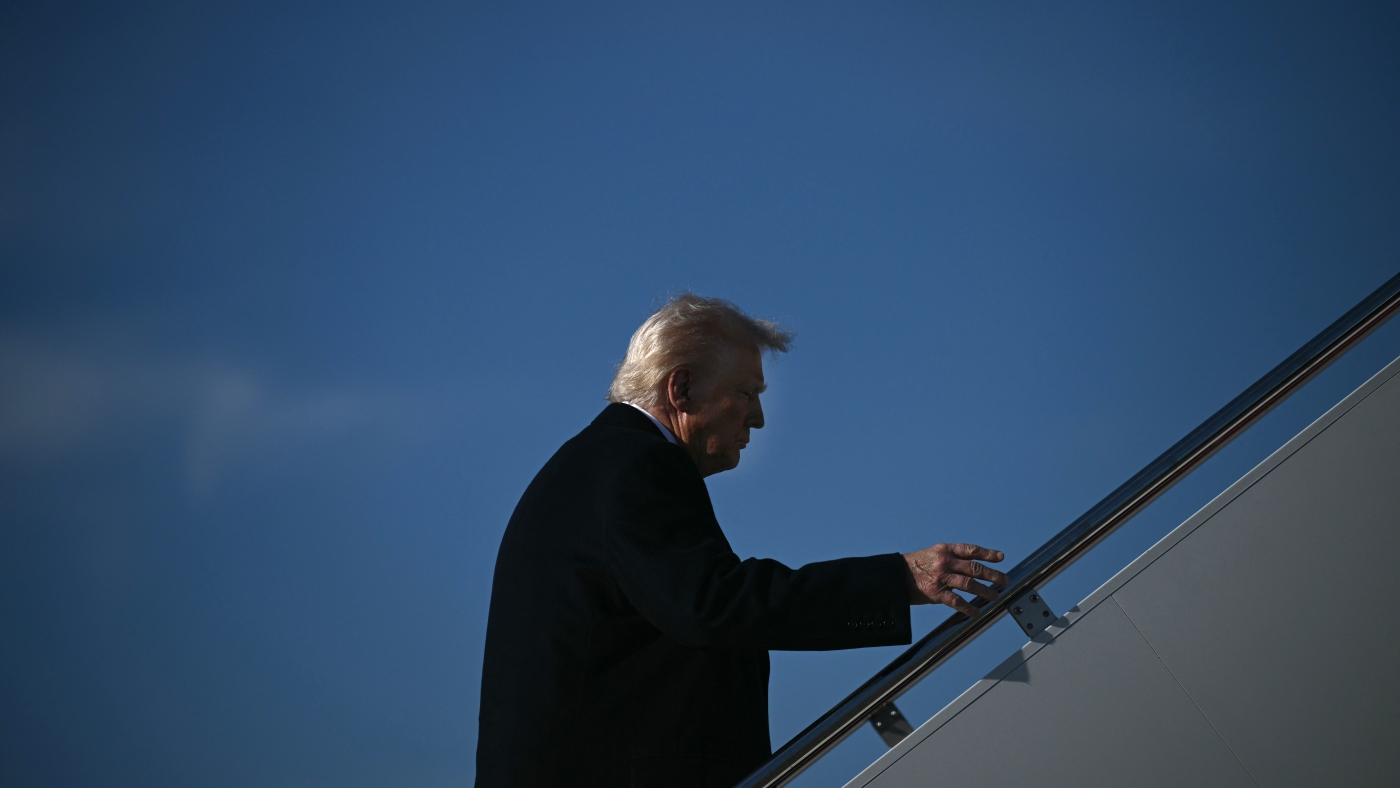“`markdown
The Qatari Jet Gift Controversy: A Deep Dive into Ethics, Law, and Politics
Introduction
A $400 million Boeing 747-8 jumbo jet—gifted by Qatar to former U.S. President Donald Trump—has ignited a firestorm of debate. Dubbed a “flying palace,” this luxury aircraft isn’t just a symbol of extravagance; it’s a litmus test for constitutional ethics, foreign influence, and political transparency. The controversy touches on the Emoluments Clause, geopolitical maneuvering, and public trust. Here’s why this story matters far beyond the headlines.
—
The Offer: A Gift or a Geopolitical Gambit?
The Jet’s Symbolism
Qatar’s proposed gift isn’t merely functional; it’s a statement. The Boeing 747-8, one of the most expensive civilian aircraft, would replace or supplement Air Force One. Its opulence—reportedly featuring gold-plated fixtures and a master suite—raises immediate questions: Is this a diplomatic gesture, or a strategic move to sway U.S. policy?
Timing and Context
The offer surfaced ahead of Trump’s Middle East visit, a period when Qatar sought to strengthen ties amid regional tensions (e.g., the Gulf blockade). Critics argue the timing suggests quid pro quo, especially given Qatar’s vested interests in U.S. military support and economic partnerships.
—
Legal Minefield: The Emoluments Clause
What the Constitution Says
The Emoluments Clause (Article I, Section 9) bars federal officials from accepting gifts or titles from foreign states without congressional consent. The framers designed it to prevent corruption and undue influence.
Why This Gift Tests the Clause
– Scale: At $400 million, the jet dwarfs typical diplomatic gifts (e.g., ceremonial swords or artwork).
– Precedent: Past presidents returned or disclosed far smaller gifts (e.g., Obama declined a $190,000 statue from Brazil).
– Legal Challenges: Trump’s presidency already faced multiple emoluments lawsuits over his business dealings. This could exacerbate those cases.
Congressional Oversight (or Lack Thereof)
The White House’s silence on whether Congress approved the gift fuels concerns. If bypassed, it weakens a key constitutional check on executive power.
—
Ethical Quandaries: Perception vs. Reality
The “Appearance of Corruption”
Even if legal, the gift’s optics are damning. Qatar—a U.S. ally with stakes in defense deals and液化天然气 (LNG) exports—could be seen as buying access. Public trust erodes when leaders accept lavish gifts while condemning foreign corruption.
Hypocrisy Claims
The Trump administration frequently criticized “corrupt global elites.” Accepting the jet undermines that rhetoric, inviting accusations of double standards.
—
Political Fallout: Allies, Adversaries, and Soft Power
Qatar’s Calculated Diplomacy
For Qatar, the jet could be soft power in action. Gifts historically cement alliances (e.g., Saudi Arabia’s 1945 yacht gift to FDR). But in today’s polarized climate, such overtures risk backlash.
U.S. Credibility at Stake
The controversy emboldens adversaries who accuse America of hypocrisy. It also strains relations with allies who view the gift as preferential treatment.
—
Public and Media Backlash
Grassroots Outcry
Progressive groups and constitutional scholars have labeled the gift a “constitutional crisis.” Social media campaigns (#JetGate) amplify demands for accountability.
Media’s Role
Outlets like *The Washington Post* and *CNN* have dissected the legal nuances, while conservative media often dismiss it as “fake news”—highlighting the partisan divide.
—
Denials and Silence: A Cloud of Uncertainty
Qatar’s Reversal
After initial reports, Qatari officials denied the gift’s existence, calling claims “inaccurate.” This fuels speculation: Was the offer leaked prematurely, or is it disinformation?
White House Non-Response
The administration’s refusal to confirm or deny feeds suspicions. Transparency advocates argue silence violates norms of democratic governance.
—
What Happens to the Jet?
If Accepted: Practical and Symbolic Shifts
– Retrofitting: The jet would require modifications (e.g., defense systems) to serve as Air Force One, costing taxpayers additional millions.
– Post-Presidency Use: Reports suggest Trump might retain it for his library foundation—a gray area for private benefit from a foreign-funded asset.
If Rejected: A Rare Win for Norms
Returning the jet would reaffirm constitutional principles but could strain U.S.-Qatar relations.
—
Conclusion: A Defining Moment for Accountability
Why This Controversy Lingers
The Qatari jet saga isn’t just about a plane; it’s about:
Final Thought
History judges leaders not by the gifts they receive, but by the standards they uphold. This controversy is a referendum on both.
“`











